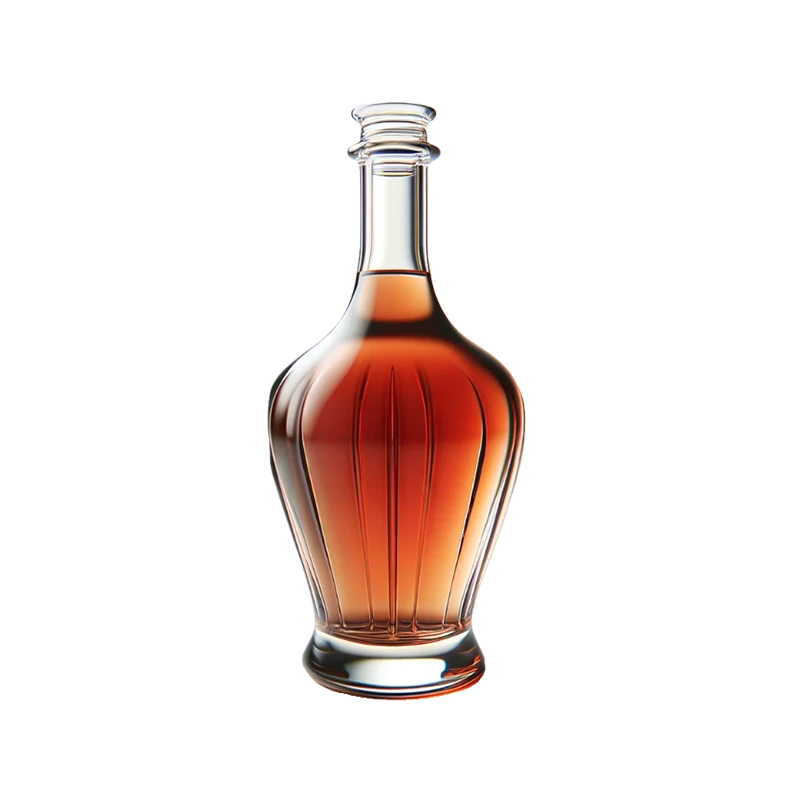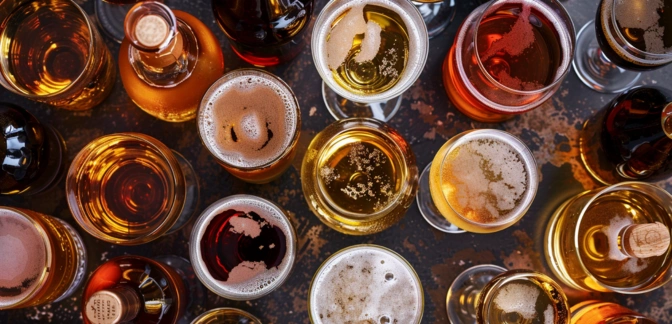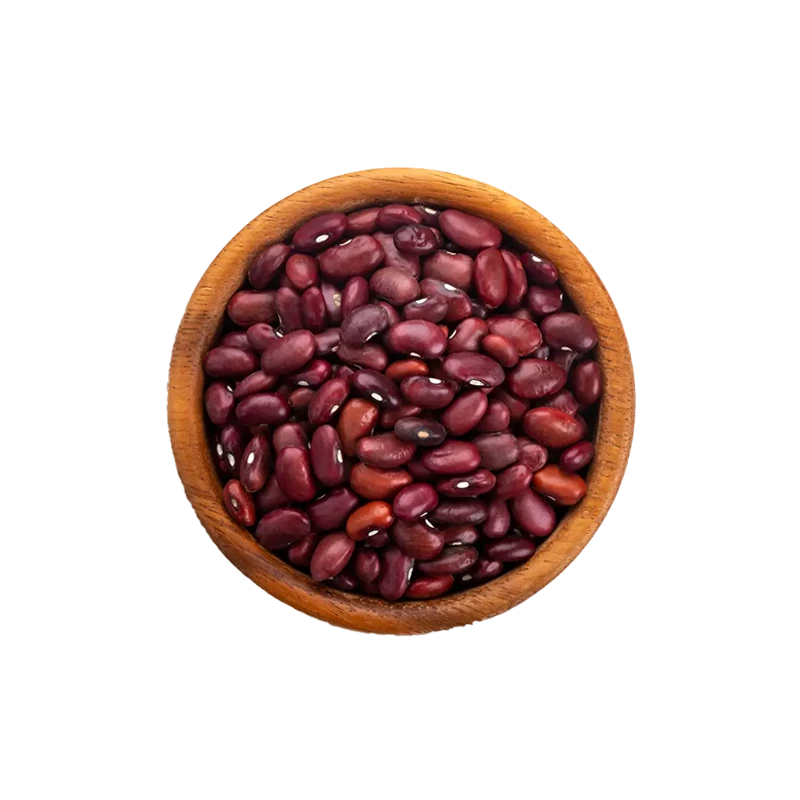Liqueur — Nutrients, Health Benefits, and Shopping Tips

Written by Listonic Team
Last update on September 4, 2024
Nutrition facts
Nutrition facts
Amount per 100 g
Calories
🔥 325 kcal
| Nutrients per: 100 g | Value | % Daily Value* |
|---|---|---|
| Carbs | 35 g | 12.73% |
| Fiber | 0 g | - |
| Sugars | 35 g | 70% |
| Glycemic Index | 15 | - |
| Protein | 0 g | - |
| Sodium | 5 mg | 0.22% |
| Total Fat | 0 | - |
*The % of Daily Value (DV) tells you how much a nutrient in a serving of food contributes to a daily diet. 2,000 calories a day is used for general nutrition advice.
15
🟢 Low Glycemic Index
Did you know?
Health risks
- High alcohol content which can lead to addiction, liver damage, and other health problems if consumed in excess.
- High sugar content in many liqueurs, which can contribute to weight gain, tooth decay, and increased risk of diabetes when consumed frequently.
- High calorie content which can contribute to weight gain if consumed frequently or in large quantities, especially when mixed into cocktails or desserts.
- Potential for dehydration as alcohol is a diuretic, which can lead to increased urination and potential dehydration if not balanced with adequate water intake.
How to choose liqueur
Liqueurs should have a bright, clear color and a smooth consistency, reflecting their quality and the care taken in their production. The aroma should be appealing and distinct, characteristic of their flavoring ingredients, whether fruit, herbs, or spices.
Avoid liqueurs that are syrupy or have sediment at the bottom, as these can indicate spoilage or inferior processing. Good liqueurs should deliver a balanced taste, neither too sweet nor too alcoholic, complementing cocktails or desserts beautifully.

How to store liqueur
Liqueur is best stored in a cool, dark place such as a pantry or liquor cabinet. Keeping it away from direct sunlight and heat sources helps preserve its flavor and potency. Properly stored liqueur can last for several years without losing quality.
Exposure to fluctuating temperatures can degrade the taste and aroma of liqueur. Do not store liqueur near windows or in areas with high humidity as this can affect the seal and lead to spoilage. Always ensure the bottle is tightly closed to maintain its integrity.
✅ Please keep in mind: There is no safe amount of alcohol
Even moderate alcohol consumption poses significant health risks. The most recent data from the World Health Organization warns that no level of alcohol consumption is safe for our health. Click to learn more.
How long does it last?
Liqueur can last indefinitely when stored in a cool, dark place. Once opened, it is best consumed within 1-2 years for optimal flavor. Always keep it tightly sealed to prevent evaporation and flavor loss.
What to do with leftovers?
Leftover liqueur can be used in a variety of culinary and non-culinary ways. In the kitchen, liqueur adds flavor to desserts, sauces, cocktails, and marinades. It can be drizzled over ice cream, mixed into cake batters, or used to make flavorful glazes for meats or fruits.
Beyond cooking, liqueur has several creative uses. It can be used to create homemade liqueur-infused chocolates or truffles, making for unique and indulgent gifts. Liqueur can also be added to homemade beauty products, such as perfumes or bath oils, where its fragrance can add a luxurious touch. Additionally, liqueur can be used in craft projects, such as making flavored extracts for baking or adding to homemade candles for a subtle scent. Some people also use liqueur as a natural remedy for colds or digestive issues, though this should be done with caution and in moderation.
👨⚕️️ Medical disclaimer
Discover products from other categories
Listonic Team
Fact-checked
Our editorial team checked this article to make sure it was accurate at the time of publishing it.
Get the top-rated shopping list app

liqueur
Table of contents







